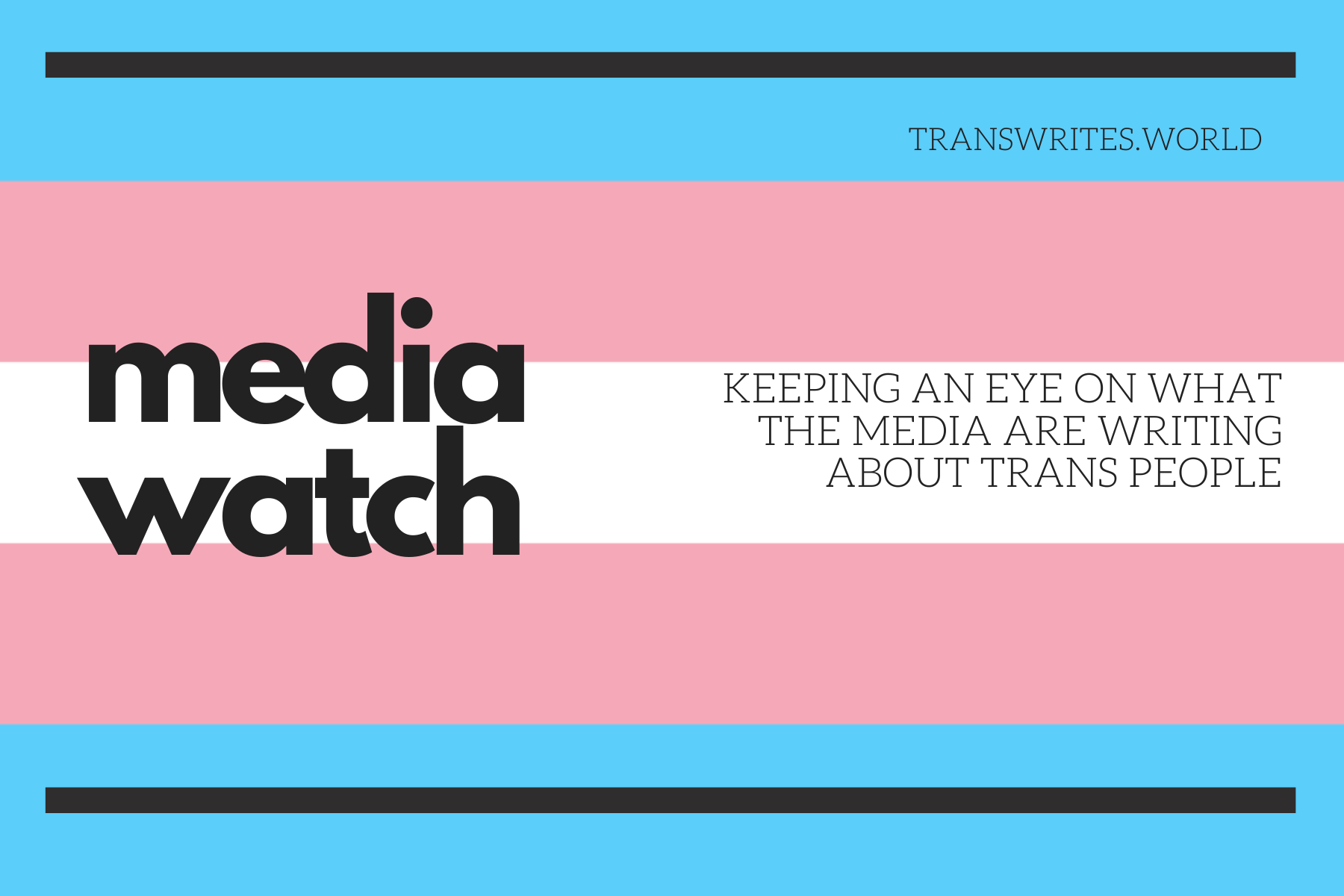In a compelling article for Byline Times Scotland, Jennie Kermode sheds light on the growing crisis of LGBTQ+ homelessness in Scotland, with an acute focus on the heightened vulnerabilities faced by the transgender community.
Through revealing data and personal narratives, Kermode exposes the systemic issues and calls for urgent, inclusive action.
![homeless man asleep outside shop. Photo credit Allan Warren [Wikimedia]](https://transwrites.world/static/uploads/sites/2/2023/11/Image2-44_Allan_Warren.jpg)
Kermode presents data indicating that almost one in five LGBTQ+ people have experienced homelessness, with transgender individuals being the most affected. Key reasons include family rejection, especially for young transgender individuals, and a lack of safe, inclusive housing options.
Kermode’s article underscores the need for sensitivity training for officials who interact with homeless individuals, noting that many LGBTQ+ people feel unsafe disclosing their sexual orientation or gender identity due to potential discrimination. This lack of safe disclosure options leads to inadequate data collection, which hinders the development of targeted solutions.
The article also touches upon the perceptions of LGBTQ+ people regarding the availability and inclusiveness of support services. Despite Scotland’s non-discriminatory approach to providing solutions, many LGBTQ+ individuals hesitate to seek help, fearing low priority or negative experiences. However, Professor Peter Matthews from the University of Stirling mentions that once in contact with Scottish services, many have positive experiences, especially in youth homelessness services.
A significant issue highlighted is the safety of LGBTQ+ individuals in social housing, with instances of transphobic attacks and the feeling of unsafety among transgender people in certain neighborhoods. Matthews points out the limitation of ‘Housing first’ approaches for this group, emphasising the need for more inclusive and supportive accommodation options that consider the unique needs of LGBTQ+ people.
The article concludes with a call for urgent action, using the example of Scotland’s success in addressing homelessness during the Covid lockdowns as a benchmark.
It urges the Scottish government to declare a housing emergency and develop a comprehensive plan to ensure safe and secure housing for everyone, including the LGBTQ+ community.
In all, Kermode’s piece is a poignant reminder of the hidden crisis of LGBTQ+ homelessness and the need for immediate, inclusive, and effective solutions.










